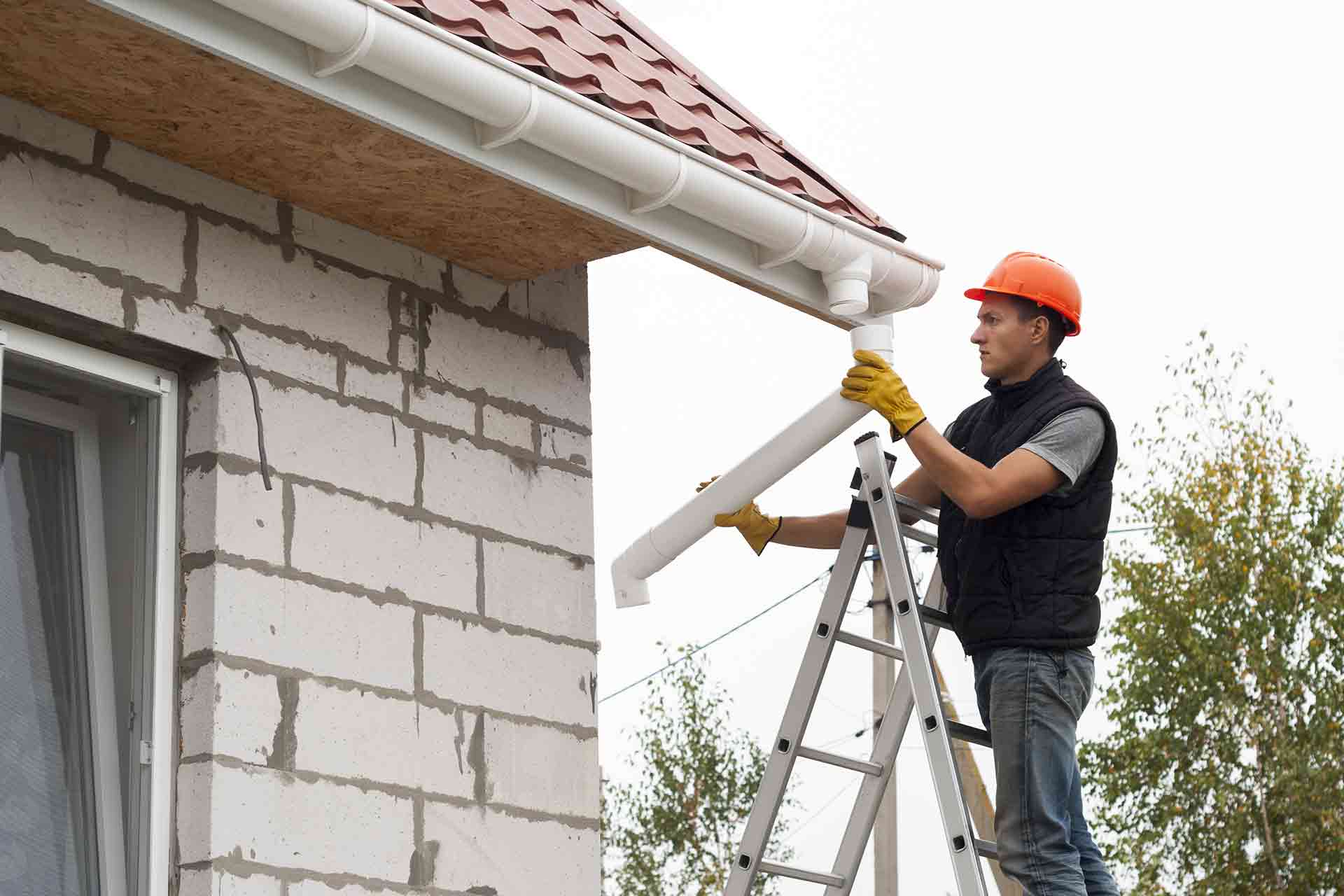

Articles
Who Installs Gutters
Modified: August 28, 2024
Looking for articles on gutter installation? Check out our comprehensive guide on who installs gutters and find the right professional for your needs. Browse now!
(Many of the links in this article redirect to a specific reviewed product. Your purchase of these products through affiliate links helps to generate commission for Storables.com, at no extra cost. Learn more)
Introduction
When it comes to protecting your home from water damage, one of the most important features to consider is gutters. Gutters play a crucial role in collecting and redirecting rainwater away from your home’s foundation, preventing potential structural issues and costly repairs in the long run. Whether you are building a new home or looking to replace old, worn-out gutters, it is essential to understand the importance of proper gutter installation.
Gutters are designed to channel rainwater away from your roof and foundation, preventing water from seeping into your home’s interior or causing soil erosion around the perimeter. By channeling water away, gutters help to maintain the structural integrity of your home and protect its foundation from settling or cracking. In addition, gutters help to prevent water damage, such as mold growth, rotting wood, and peeling paint, that can occur when excess water is allowed to accumulate on your roof or around the base of your home.
Installing gutters is not just about function but also about aesthetics. Well-designed gutters can enhance the overall appearance of your home, adding visual appeal and curb value. With a wide range of gutter materials and styles available, you can choose options that complement your home’s architectural style, creating a cohesive and attractive exterior.
In the next sections, we will explore the various aspects of gutter installation, including do-it-yourself (DIY) installation, hiring a professional gutter installer, factors to consider when choosing an installer, finding a reliable gutter installation company, questions to ask potential installers, cost considerations, common installation mistakes to avoid, and ongoing gutter maintenance and repairs.
Whether you decide to install gutters yourself or hire a professional, understanding the ins and outs of gutter installation will ensure that your home is well-protected against water damage and that your gutters are installed correctly for optimal performance.
Key Takeaways:
- Proper gutter installation is crucial for protecting your home from water damage, maintaining its structural integrity, and enhancing its overall appearance. Whether you opt for DIY installation or hire a professional, understanding the importance of gutters and avoiding common mistakes is essential for a successful gutter system.
- Regular maintenance and timely repairs are vital for ensuring the proper functioning and longevity of your gutters. By following maintenance practices and promptly addressing any repairs, you can extend the lifespan of your gutters and keep them effectively channeling rainwater away from your home, protecting it from potential water damage and structural issues.
Read more: Brothers Who Just Do Gutters
Importance of Gutters
Gutters are a crucial component of a home’s drainage system, serving to protect both the exterior and interior of the house from water damage. Without properly functioning gutters, rainwater can cause a multitude of issues, including foundation damage, basement flooding, soil erosion, and even damage to the roof and siding.
One of the primary functions of gutters is to redirect rainwater away from the foundation of the house. When it rains, the water will naturally flow off the roof and can accumulate around the base of the house. Over time, this water can seep into the foundation, causing it to weaken and potentially lead to cracks or shifting. By installing gutters, the rainwater is collected and directed away from the foundation, preventing any potential damage.
Gutters also play a crucial role in protecting the roof and siding of the house. When rainwater is not properly directed away from the roof, it can pool and create standing water. This standing water can lead to roof leaks, rotting of the shingles, and even damage to the underlying structure of the roof. Additionally, without gutters, rainwater can run down the exterior walls of the house, causing damage to the siding and potentially leading to mold and mildew growth.
Furthermore, gutters help to prevent soil erosion around the house. When rainwater is not directed away from the house, it can cause the soil to erode. This erosion can weaken the stability of the foundation and even create uneven areas in the yard. By safely channeling rainwater away from the house, gutters help to maintain the integrity of the soil and prevent erosion.
Another benefit of gutters is that they help to collect rainwater for future use. By installing a rainwater collection system, homeowners can collect rainwater from their gutters and use it for various purposes such as watering plants, gardening, or even flushing toilets. This not only helps to conserve water but also reduces utility costs.
Overall, the importance of gutters cannot be overstated when it comes to protecting a home from water damage. From preventing foundation issues to preserving the roof and siding, gutters play a vital role in keeping a house safe and structurally sound. Whether you are building a new home or considering gutter replacement, investing in quality gutters and ensuring they are properly installed is crucial for the long-term health of your home.
DIY Gutter Installation
If you are a handy homeowner looking to save some money, installing gutters yourself can be a viable option. However, it is important to understand that gutter installation requires careful planning, proper tools, and basic construction knowledge. Here are some steps to guide you through the DIY gutter installation process.
- Measure and Plan: Start by measuring the length of your roofline where you plan to install gutters. This will help you determine the amount of gutter material you need. Additionally, consider the slope of the roof and identify the best locations for downspouts to effectively direct water away from the house.
- Gather Materials and Tools: Purchase the necessary materials for your gutter installation, including gutters, downspouts, end caps, hangers, screws, and sealant. Make sure to choose high-quality materials that are suitable for the weather conditions in your area. Additionally, gather the tools you will need, such as a ladder, level, tape measure, drill, and saw.
- Prepare the Roofline: Before installing the gutters, ensure that the roofline is clean and free from any debris. Clear away any leaves, twigs, or other obstructions to ensure proper water flow.
- Install the Gutters: Start by attaching the gutter hangers to the fascia board, ensuring they are evenly spaced. Then, attach the gutters to the hangers, ensuring they have a slight slope towards the downspouts for proper drainage. Secure the gutters in place using screws or brackets.
- Connect the Downspouts: Install the downspouts at the designated locations, ensuring they are securely fastened to the gutters. Use sealant to prevent any leaks or water seepage at the connection points.
- Test the System: Once the gutters and downspouts are installed, test the system by running water through them. Check for any leaks or gaps that may need to be sealed. Adjust the slope of the gutters if necessary to ensure proper water flow.
- Install Gutter Guards: To prevent debris from clogging the gutters, consider installing gutter guards. These can help to prolong the lifespan of your gutters and reduce the frequency of gutter cleaning.
- Maintain the Gutters: Regularly inspect and clean your gutters to prevent them from getting clogged with leaves, twigs, and other debris. This will ensure they continue to function properly and protect your home from potential water damage.
While DIY gutter installation can be a cost-effective solution, it is essential to assess your skills and capabilities before taking on this project. If you are uncomfortable with heights, lack construction experience, or have a complex roofline, it may be best to hire a professional gutter installer. Remember, proper gutter installation is crucial for the overall effectiveness and longevity of your gutter system in protecting your home from water damage.
Hiring a Professional Gutter Installer
While DIY gutter installation can be a rewarding project, hiring a professional gutter installer offers several advantages. Not only do professionals have the expertise and experience to ensure proper installation, but they also have access to specialized tools and materials. Here are some reasons why hiring a professional gutter installer may be the right choice for you.
Expertise and Experience: Professional gutter installers have the necessary knowledge and experience to handle gutter installation with precision. They are familiar with different gutter materials, styles, and techniques, ensuring that your gutters are installed correctly to provide optimal performance and durability.
Quality Materials and Tools: Professional gutter installers have access to high-quality materials and specialized tools that may not be readily available to homeowners. They are well-versed in the latest industry standards and can recommend the best materials for your specific needs and budget.
Time and Efficiency: Gutter installation can be a time-consuming task, especially if you are not familiar with the process. By hiring a professional, you can save valuable time and avoid potential headaches. Professionals can complete the installation more efficiently, allowing you to focus on other priorities.
Customization and Design: Professional gutter installers can provide valuable design guidance and customization options to ensure that your gutters blend seamlessly with your home’s architecture. They can suggest gutter styles, colors, and accessories that enhance the overall aesthetics of your property.
Insurance and Warranty: Reputable gutter installation companies often provide warranties for their workmanship and the materials used. This means that if any issues arise after installation, they will take responsibility for repairs or replacements. Additionally, hiring insured professionals protects you from any liability in case of accidents or damages during the installation process.
Compliance and Permits: Gutter installation may require permits or compliance with local building codes. Professional gutter installers are familiar with these regulations and can ensure that your gutter installation meets all requirements, saving you the hassle and potential legal issues.
Ongoing Support and Maintenance: Many professional gutter installers offer ongoing maintenance and support services. This can include gutter cleaning, inspections, and repairs. By establishing a relationship with a professional gutter installer, you can ensure that your gutters remain in optimal condition for years to come.
When hiring a professional gutter installer, it is essential to do your research and choose a reputable company. Look for companies with a track record of successful installations, positive customer reviews, and proper licensing and insurance. Additionally, consider getting multiple quotes to compare prices and services.
By hiring a professional gutter installer, you can have peace of mind knowing that your gutters are installed correctly, providing effective protection for your home against water damage. Their expertise, access to quality materials, and commitment to customer satisfaction make them an invaluable resource for your gutter installation needs.
Factors to Consider when Choosing a Gutter Installer
Choosing the right gutter installer is crucial for ensuring a successful and hassle-free installation process. With so many options available, it can be overwhelming to make the right choice. To help you in your selection process, here are some important factors to consider:
Experience and Expertise: Look for a gutter installer with substantial experience in the industry. An experienced installer will have worked on a variety of projects, making them better equipped to handle any challenges that may arise during the installation process. They should also have extensive knowledge of different gutter materials and methods.
Reputation and Reviews: Research the reputation of the gutter installer by checking online reviews and testimonials from previous customers. Look for consistently positive feedback and a high level of customer satisfaction. You can also ask for recommendations from friends, family, or neighbors who have had their gutters installed.
Licensing and Insurance: Ensure that the gutter installer you choose is licensed and insured. Licensing ensures that they meet the necessary requirements and regulations to operate in your area. Insurance protects you from any liability in case of accidents or damages that may occur during the installation process.
Portfolio and References: Ask the gutter installer for a portfolio of their previous work. This will give you an idea of their capabilities and the quality of their installations. Additionally, don’t hesitate to ask for references that you can contact to inquire about their experience with the installer.
Quality of Materials: Inquire about the types of gutter materials the installer uses. High-quality materials are essential for durable and long-lasting gutters. The installer should be able to recommend materials that are suitable for your specific needs and can withstand the weather conditions in your area.
Warranty: Find out if the gutter installer offers any warranties for their workmanship and the materials used. A reliable company will stand behind their work and offer warranties to provide peace of mind in case of any issues that may arise after installation.
Estimates and Pricing: Obtain detailed estimates from multiple gutter installers and compare the pricing. However, price should not be the sole determining factor. Consider the overall value, including the reputation, experience, quality of materials, and warranties offered by each installer.
Communication and Customer Service: Assess the level of communication and customer service provided by the gutter installer. They should be responsive to your inquiries, provide clear and detailed explanations, and address any concerns you may have. A professional and customer-oriented installer will prioritize your satisfaction throughout the entire process.
Timelines and Availability: Discuss the timeline for the gutter installation project with the installer. Ensure they can accommodate your schedule and complete the installation within a reasonable timeframe. Avoid installers who have excessive wait times, as this may indicate a lack of availability or poor planning.
By considering these factors and conducting thorough research, you can make an informed decision when choosing a gutter installer. A reputable and reliable installer will ensure a smooth and successful installation, giving you peace of mind knowing that your gutters are installed to the highest standards and will protect your home for years to come.
Read more: How To Install Gutters Yourself
Finding a Reliable Gutter Installation Company
When it comes to gutter installation, finding a reliable and trustworthy company is essential. With numerous options available, it can be challenging to determine which company will provide quality work and exceptional service. To help you in your search, here are some tips for finding a reliable gutter installation company:
Research and Recommendations: Start by conducting thorough research on gutter installation companies in your area. Look for companies with a strong online presence, positive customer reviews, and a good reputation. You can also ask for recommendations from friends, family, or neighbors who have had their gutters installed recently.
Check Licensing and Insurance: Ensure that the gutter installation company you are considering is licensed and insured. Licensing indicates that they meet the necessary requirements and are qualified to perform the work. Insurance protects you from liability in case of accidents or damages during the installation process.
Experience and Expertise: Look for a company with extensive experience and expertise in gutter installation. An experienced company will have the knowledge and skills to handle different types of gutter systems and installation challenges. They should be able to offer you advice and recommend the best gutter solutions for your specific needs.
Portfolio and References: Ask the gutter installation company for a portfolio of their previous work. This will give you an idea of the quality of their installations and their attention to detail. Additionally, request references that you can contact to inquire about their experience with the company. A reliable company will be happy to provide references and showcase their past projects.
Quality of Materials: Inquire about the types of gutter materials the company uses. High-quality materials are essential for durable and long-lasting gutters. The company should be knowledgeable about different gutter materials and able to recommend options that are suitable for your home’s specific requirements and the weather conditions in your area.
Warranty and Service Guarantees: Ask about the company’s warranty and service guarantees. A reputable gutter installation company will stand behind their workmanship and the materials they use. They should offer warranties that cover any issues that may arise after installation, ensuring that you are protected in case of any problems with your gutter system.
Estimates and Pricing: Obtain detailed estimates from multiple gutter installation companies and compare the pricing. However, price should not be the sole determining factor. Consider the overall value, including the company’s reputation, experience, quality of materials used, and warranties offered. Choose a company that offers fair pricing while providing quality workmanship.
Professionalism and Communication: Evaluate the professionalism and communication of the company. They should be responsive to your inquiries, provide clear and detailed explanations, and address any concerns you may have. A reliable gutter installation company will prioritize excellent customer service and ensure that you are informed and satisfied throughout the entire process.
Local Reputation: Consider the company’s reputation within the local community. A company that has established a positive reputation over time is more likely to provide reliable service and workmanship. Look for local certifications, affiliations, or awards that demonstrate their commitment to excellence.
By considering these factors and conducting thorough research, you can find a reliable gutter installation company that will deliver high-quality work and exceptional service. Remember to take your time, ask questions, and choose a company that meets your specific needs and exceeds your expectations.
When looking for someone to install gutters, it’s important to find a reputable and experienced contractor. Look for companies with good reviews, proper licensing and insurance, and a history of quality workmanship. Get multiple quotes and ask for references before making a decision.
Questions to Ask a Gutter Installer
When hiring a gutter installer, it is important to ask the right questions to ensure that you are making an informed decision and choosing a reputable company. Here are some essential questions to ask a gutter installer before hiring them to install or replace your gutters:
1. Are you licensed and insured? It is crucial to work with a gutter installer who is licensed and insured. Ask for proof of licensing and inquire about their insurance coverage. This will protect you from any liability in case of accidents or damages during the installation process.
2. How long have you been in business? Inquire about the company’s years of experience in the gutter installation industry. A well-established company with a long history is likely to have gained valuable knowledge and skills to handle various gutter installation projects.
3. Can you provide references or examples of past projects? Ask the gutter installer for references from previous customers or examples of their past projects. This will allow you to see the quality of their work and get feedback from other homeowners who have had their gutters installed by the company.
4. What type of gutter materials do you recommend? Gutter materials vary in durability, appearance, and cost. Ask the installer for their recommendations based on your specific needs, budget, and the climate in your area. They should be able to explain the pros and cons of different materials such as aluminum, vinyl, or copper.
5. Do you offer any warranties? Inquire about the warranties offered by the gutter installer. A reputable company should provide warranties for both the workmanship and the materials used. This ensures that you are protected in case of any issues or defects that may arise after the installation is complete.
6. Will you remove and dispose of the old gutters? If you are replacing existing gutters, ask if the company will handle the removal and disposal of the old gutters. Proper removal of old gutters is essential to ensure a clean and smooth installation process.
7. How long will the installation process take? Get an estimated timeline for the installation process. While the duration may vary depending on the complexity and size of the project, a professional gutter installer should be able to provide a general timeframe so you can plan accordingly.
8. Can you provide a detailed cost estimate? Ask the installer to provide a detailed cost estimate that includes the materials, labor, and any additional fees or charges. This will help you understand the total cost of the project and ensure that there are no unexpected surprises along the way.
9. Do you offer gutter maintenance or cleaning services? Inquire if the company provides ongoing gutter maintenance or cleaning services. Regular maintenance is essential to keep your gutters in good condition, preventing clogs or issues that could lead to water damage.
10. How do you handle customer concerns or issues after the installation? Find out how the company handles customer concerns or issues that may arise after the installation is complete. A reputable gutter installer should have a process in place to address and resolve any problems promptly and to ensure customer satisfaction.
By asking these important questions, you will be able to gather the necessary information to make an informed decision when choosing a gutter installer. Remember, it’s crucial to select a reliable and experienced professional who can provide quality workmanship and give you peace of mind that your gutters will be installed correctly and effectively protect your home.
Cost of Gutter Installation
The cost of gutter installation can vary depending on various factors such as the size of your home, the type of gutters you choose, and the complexity of the installation. It is important to understand these factors to get an accurate estimate of the cost. Here are some key considerations when determining the cost of gutter installation:
Gutter Material: The type of material you choose for your gutters will significantly impact the cost. Common gutter materials include aluminum, vinyl, steel, and copper. Aluminum gutters tend to be the most popular choice due to their durability and affordability. Vinyl gutters are the least expensive option but may not be as durable as metal options. Steel and copper gutters are more expensive but offer higher durability and a distinctive appearance.
Gutter Style and Size: The style and size of the gutters you choose will also affect the cost. Different gutter profiles, such as K-style and half-round, have varying price points. Additionally, the dimensions of your home and the length of gutters required will impact the overall cost. Larger homes or complex rooflines may require more materials and labor, resulting in a higher installation cost.
Gutter Accessories: If you opt for additional gutter accessories, such as gutter guards or downspout extensions, the cost will increase. While these accessories can help improve the functionality and longevity of your gutters, they do add to the overall installation cost.
Installation Labor: The installation labor cost will depend on the complexity of the project and the time required to install the gutters. Factors such as the height of your home, accessibility, and any additional challenges or customizations can affect the total labor cost. It is essential to hire experienced professionals who can efficiently install the gutters to minimize labor expenses.
Location: The location of your home can impact the cost of gutter installation. Labor rates and material costs can vary based on the region or city you live in. It is advisable to research local market rates to get a better understanding of the cost expectations in your area.
Additional Factors: Other factors that may affect the cost include any necessary repairs or modifications to the fascia board, removal and disposal of old gutters, and any permits or licenses required for the installation. It is important to discuss these aspects with the gutter installer to have a clear picture of the total cost.
When budgeting for gutter installation, it is recommended to obtain estimates from multiple reputable gutter installation companies. Compare the estimates, taking into account the quality of materials, warranties offered, and customer reviews. Remember that while cost is an important consideration, it should not be the sole factor in your decision. Investing in high-quality gutters and professional installation will ensure long-term protection for your home against water damage.
Common Gutter Installation Mistakes to Avoid
Gutter installation may seem straightforward, but there are several common mistakes that homeowners can make. These mistakes can prevent the proper functioning of the gutter system and lead to water damage or other issues. Here are some common gutter installation mistakes to avoid:
1. Improper Pitch: One of the most critical aspects of gutter installation is ensuring the correct pitch or slope. Gutters should have a slight downward slope towards the downspouts to ensure proper water flow and drainage. Failing to provide adequate pitch can result in water pooling in the gutters, leading to overflow and potential damage to your home’s foundation or roof.
2. Inadequate Hanger Spacing: Gutter hangers provide support and stability for the gutter system. One common mistake is spacing the hangers too far apart, leading to sagging or uneven gutters. Proper hanger spacing is essential to maintain the structural integrity of the gutters and prevent them from pulling away from the fascia board.
3. Incorrect Downspout Placement: Downspouts play a crucial role in directing water away from your home’s foundation. Placing downspouts too close to walls or too far apart can cause water to accumulate near the foundation, leading to potential water damage or soil erosion. It is important to strategically position downspouts to ensure proper water flow away from your home.
4. Inadequate Sealing and Caulking: Proper sealing and caulking are essential to prevent leaks and ensure the watertightness of your gutters. Failing to apply sufficient sealant at joints, corners, and downspout connections can result in water leakage and damage. It is crucial to use high-quality sealant and follow manufacturer’s instructions for proper sealing.
5. Incorrect Gutter Slope: Along with the overall pitch of the gutter system, individual gutter sections should also have a slight downward slope towards the downspout. This ensures that water flows smoothly and does not accumulate in low spots. Failing to maintain the right slope within each gutter section can lead to water pooling and potential gutter overflow.
6. Insufficient Gutter Size: Choosing gutters that are too small for your home’s water runoff can hinder proper water flow and result in frequent gutter clogs. It is important to consider factors such as roof size, rainfall intensity, and roof pitch when selecting the appropriate gutter size for your home.
7. Neglecting Gutter Maintenance: Even with the correct installation, neglecting regular gutter maintenance can lead to clogs and other issues. It is important to clean the gutters regularly to remove leaves, debris, and other blockages. Failure to maintain clean gutters can cause water to overflow and potentially damage your home’s exterior or foundation.
8. Not Considering the Surrounding Landscape: Failing to take into account the surrounding landscape when installing gutters can result in improper water flow. Factors such as trees, slopes, and landscaping elements should be taken into consideration to ensure that water is effectively directed away from your home.
9. Using Incorrect Gutter Materials: Choosing the wrong gutter materials for your specific climate or home design can lead to premature deterioration or inefficiency. It is important to select materials that are durable, weather-resistant, and suitable for your region’s weather conditions.
10. DIY Installation without Proper Knowledge: While DIY gutter installation can be possible, it is important to have the necessary knowledge and skills to avoid common mistakes. Lack of experience in gutter installation can result in improper slope, inadequate hanger spacing, or other errors that may compromise the integrity and effectiveness of your gutter system.
By avoiding these common mistakes, you can ensure that your gutter system functions properly and effectively protects your home from water damage. If you are unsure about the installation process or lack the necessary skills, it is advisable to hire a professional gutter installation company to ensure a successful and long-lasting gutter system.
Read more: How To Install Gutters On A Metal Building
Maintaining and Repairing Gutters
Maintaining and repairing your gutters is essential to ensure their proper functioning and longevity. Regular maintenance helps prevent clogs, leaks, and other issues that can lead to water damage to your home. Here are some important tips for maintaining and repairing your gutters:
1. Regular Cleaning: Clean your gutters at least twice a year, typically in the spring and fall. Remove leaves, debris, and other blockages using a ladder, gloves, and a gutter scoop or a trowel. Ensure downspouts are clear and free from obstruction. Regular cleaning will prevent clogs and enable water to flow freely through the gutters.
2. Inspect for Damage: Regularly inspect your gutters for any signs of damage. Look for cracks, holes, rust spots, sagging sections, or loose connections. Addressing these issues promptly will prevent further damage and water leakage.
3. Repair Leaks: If you notice any leaks in your gutters, it is crucial to repair them as soon as possible. Small leaks can be patched with gutter sealant or roofing cement. For larger leaks or extensive damage, it may be necessary to replace the affected sections or call a professional for repairs.
4. Maintain Proper Slope: Ensure that your gutters maintain the proper slope or pitch to facilitate water flow. Over time, gutters can lose their slope due to sagging or shifting. Adjust the hangers as needed to maintain the correct pitch and prevent water pooling.
5. Check Downspouts: Inspect downspouts for any blockages or leaks. Clear away any debris or obstructions and ensure that the downspouts are securely attached to the gutters. Consider installing gutter guards to help prevent debris from entering the system and clogging the downspouts.
6. Seal and Caulk: Regularly inspect the joints, corners, and end caps of your gutters for any gaps or separation. Use gutter sealant or caulk to seal any areas that may be prone to water leakage. This will help maintain the watertightness of your gutter system.
7. Trim Overhanging Branches: Trim any tree branches or vegetation that are overhanging your roof and gutters. Falling leaves, twigs, and debris from overhanging branches can contribute to clogged gutters. Keeping branches trimmed will minimize the amount of debris that enters the gutter system.
8. Maintain Proper Drainage: Ensure that downspouts direct water at least 5-10 feet away from your home’s foundation. This will prevent water from pooling and causing foundation damage or basement flooding.
9. Consider Gutter Guards: Installing gutter guards or covers can help minimize the amount of debris that enters your gutters. There are various types of gutter guards available, including screen mesh, foam inserts, and gutter helmets. Choose the option that best suits your needs and the surrounding environment.
10. Consider Professional Maintenance: If you are unsure about maintaining or repairing your gutters, or if you have a complex or multi-story home, consider hiring a professional gutter maintenance service. They can provide regular cleaning, inspection, and repairs to ensure the optimal performance of your gutter system.
By following these maintenance practices and promptly addressing any repairs, you can extend the lifespan of your gutters and keep them functioning properly. Well-maintained gutters will effectively channel rainwater away from your home, protecting it from water damage and potential structural issues.
Conclusion
Proper gutter installation is vital for protecting your home from water damage, maintaining its structural integrity, and enhancing its overall appearance. Whether you choose to install gutters yourself or hire a professional installer, understanding the importance of gutters and avoiding common mistakes is crucial to ensure a successful gutter system.
Gutters play a significant role in redirecting rainwater away from your roof and foundation, preventing potential issues such as foundation damage, basement flooding, and damage to your home’s exterior. By collecting and channeling rainwater, gutters safeguard your home against water-related damage, including mold growth, rotting wood, and peeling paint.
DIY gutter installation can be an option for handy homeowners, but it requires proper planning, specialized tools, and basic construction knowledge. Hiring a professional gutter installer provides numerous benefits, including expertise, access to quality materials, time-saving, customization options, and ongoing support.
When choosing a gutter installer, consider factors such as experience, reputation, licensing, warranties, and pricing. Researching and comparing multiple companies will help you make an informed decision and ensure that you choose a reliable and trustworthy installer.
Understanding the cost factors of gutter installation, including materials, labor, and additional accessories, will help you plan your budget accordingly. It is important to remember that investing in high-quality gutters and professional installation is crucial for long-term protection against water damage.
Maintaining and repairing your gutters regularly is essential to ensure their proper functioning and longevity. Regular cleaning, inspections for damage, prompt repairs, and maintaining the correct slope are key to preventing clogs, leaks, and other issues that can lead to water damage.
In conclusion, gutters are a critical component of your home’s drainage system, and proper installation, maintenance, and repair are essential for their optimal performance. Whether you choose to install gutters yourself or hire a professional, ensuring that your gutters are installed correctly and well-maintained is fundamental to protect your home and maintain its value.
Frequently Asked Questions about Who Installs Gutters
Was this page helpful?
At Storables.com, we guarantee accurate and reliable information. Our content, validated by Expert Board Contributors, is crafted following stringent Editorial Policies. We're committed to providing you with well-researched, expert-backed insights for all your informational needs.
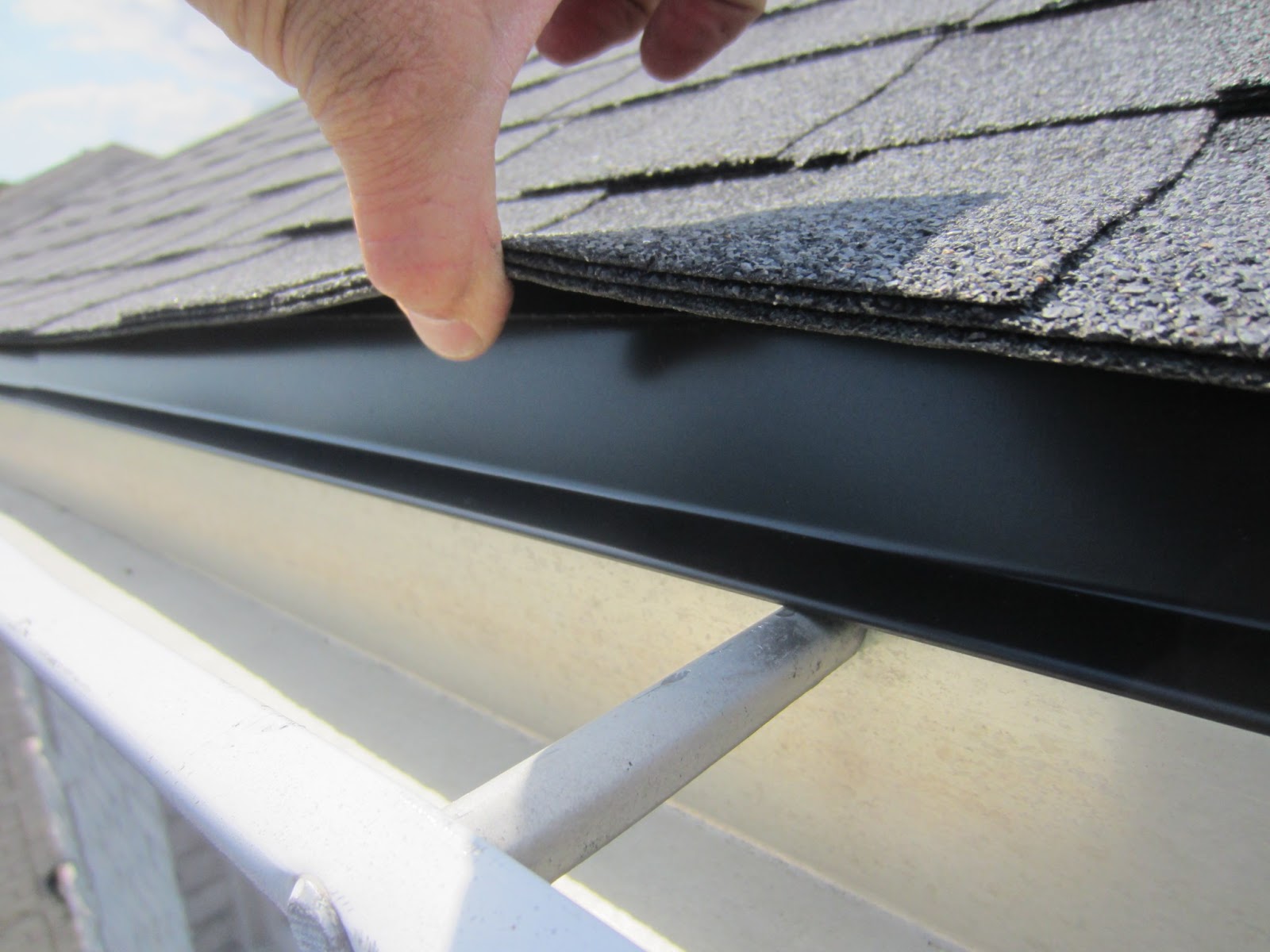

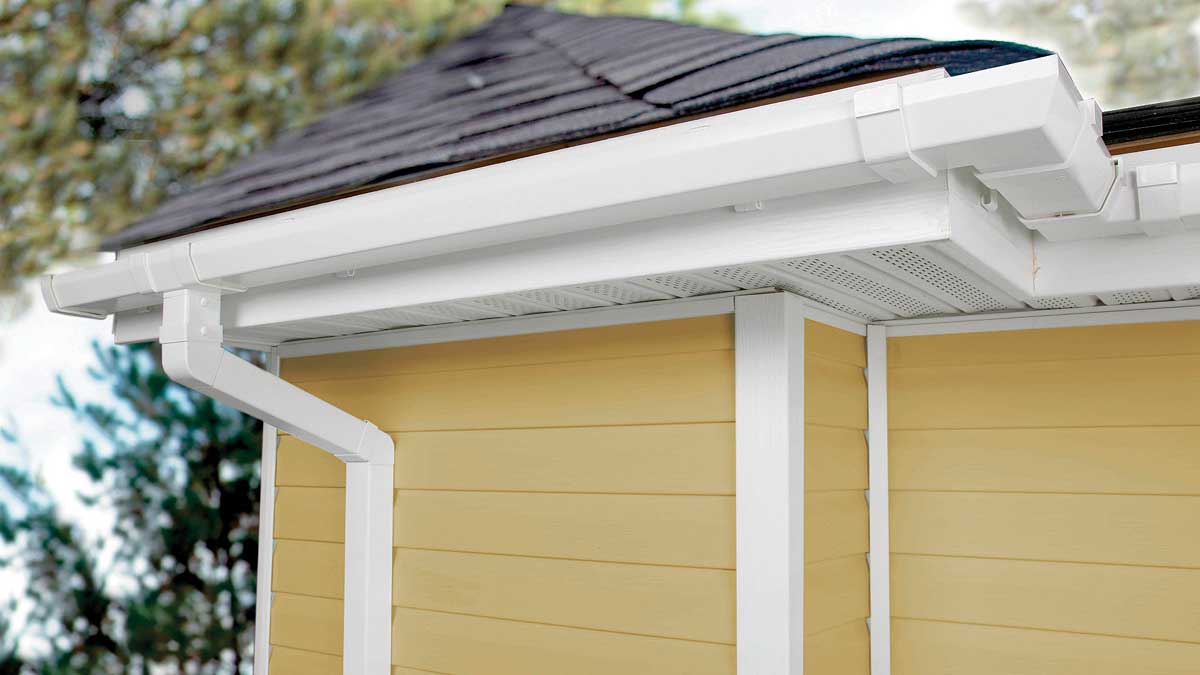
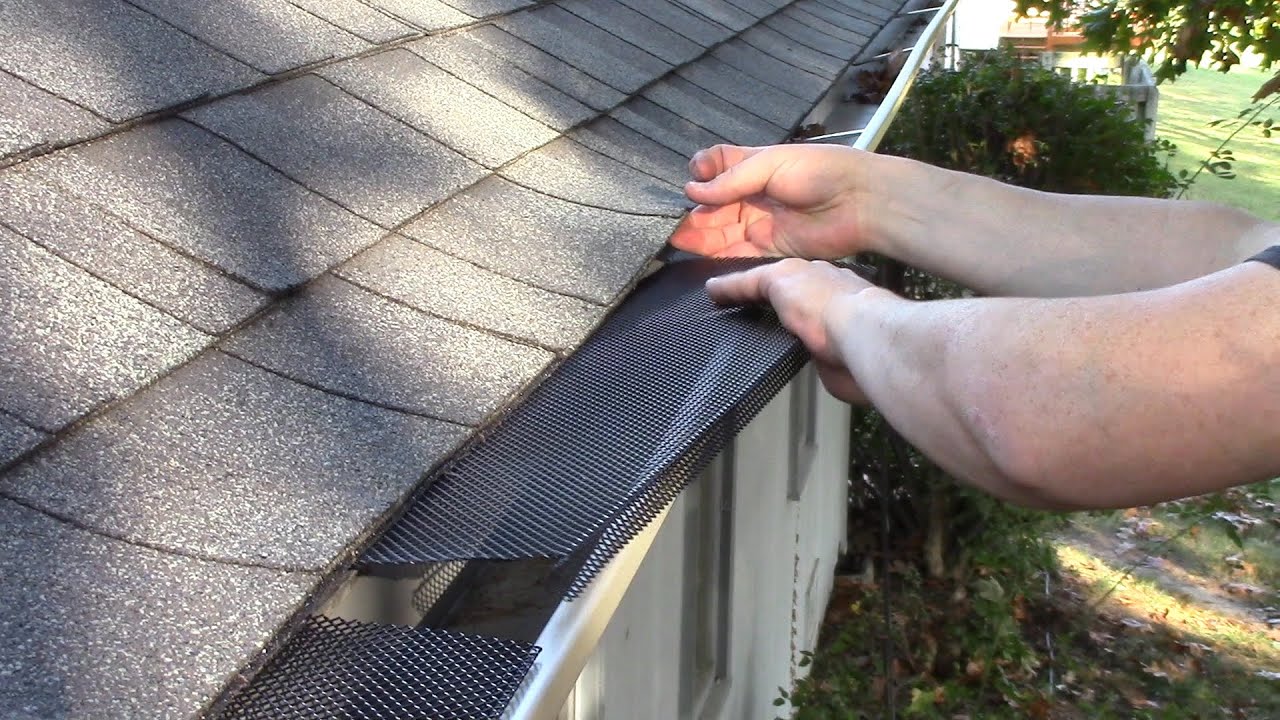
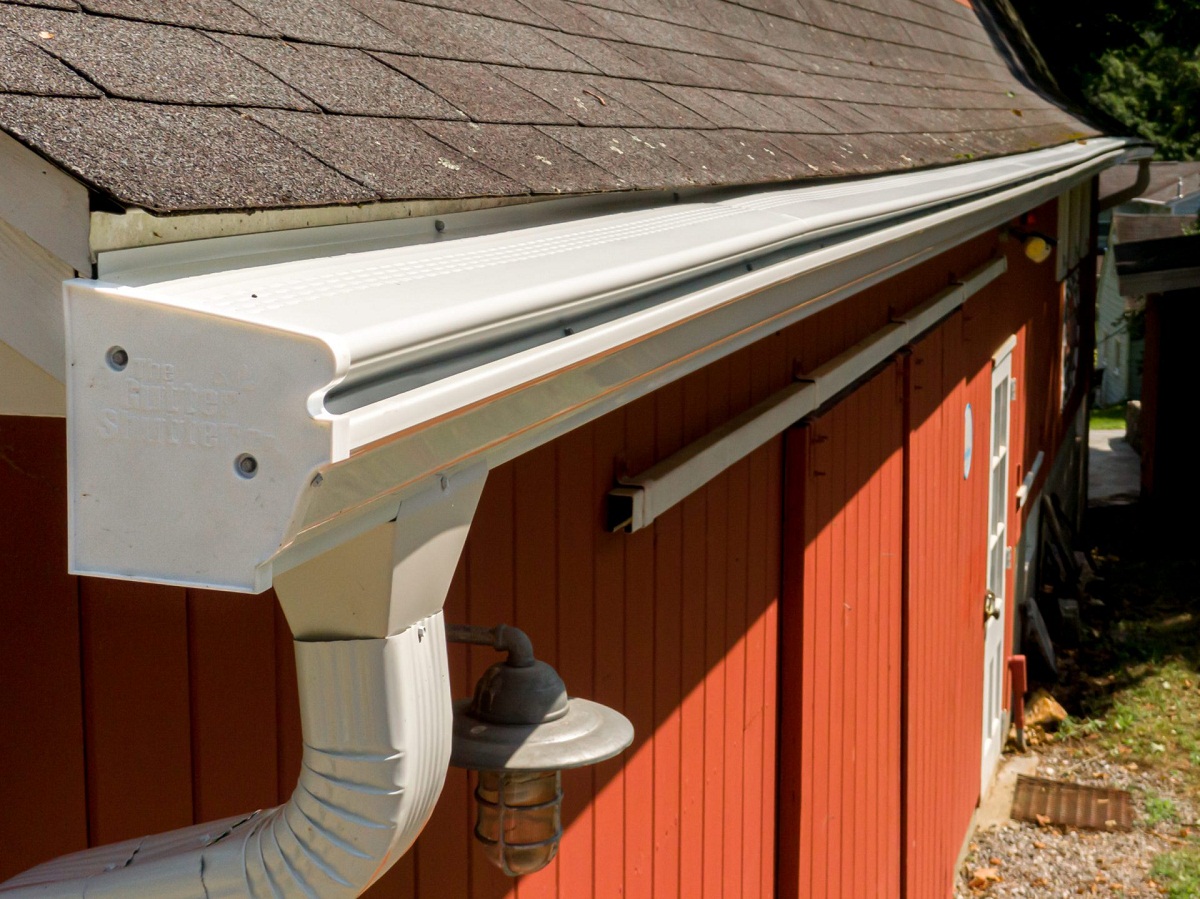
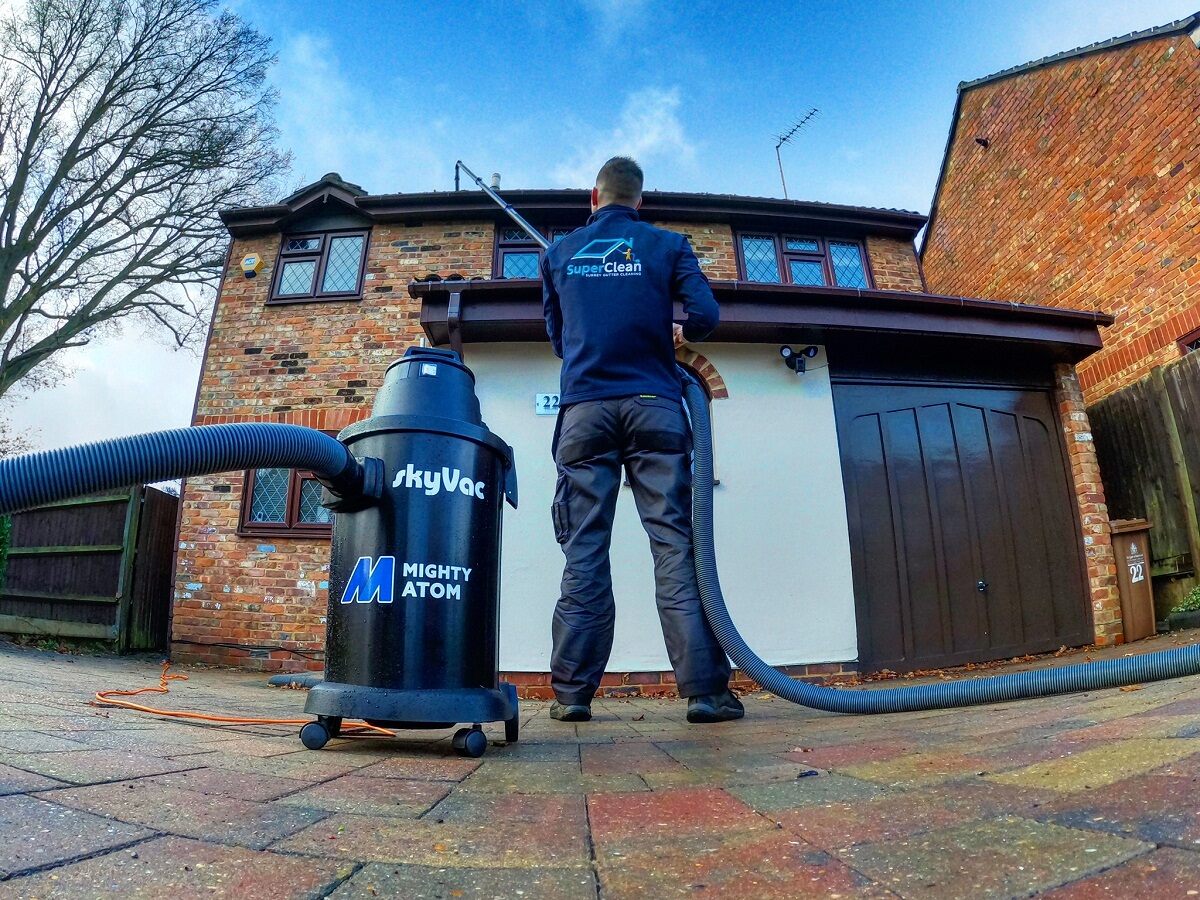
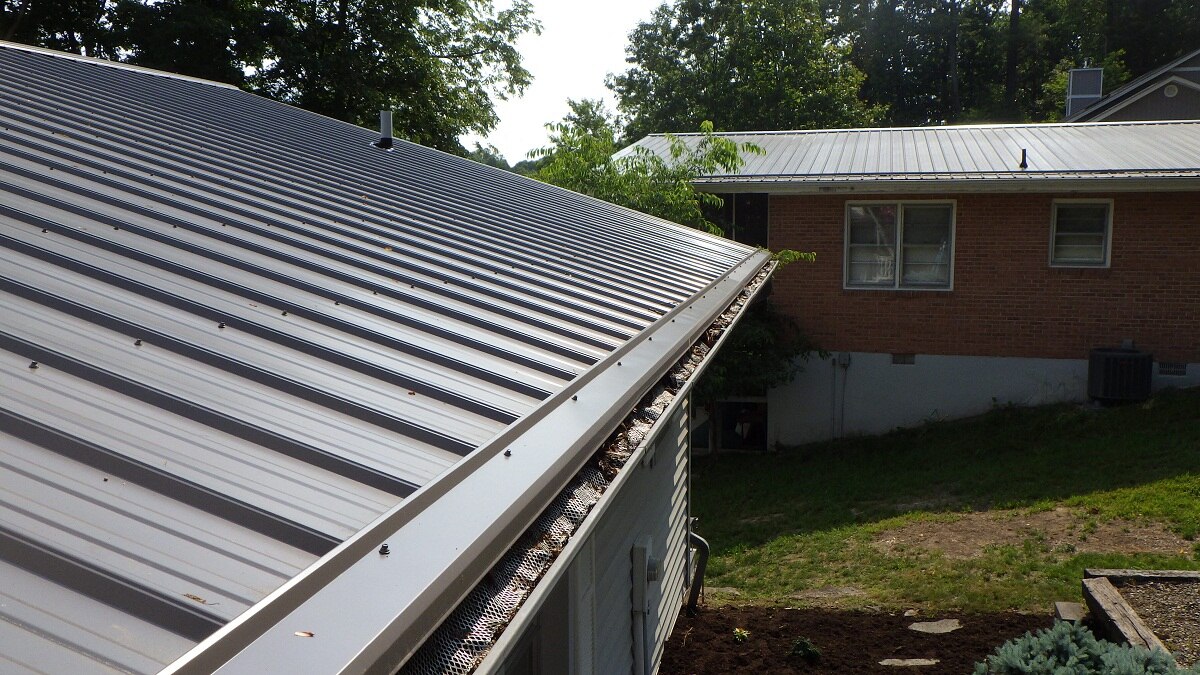
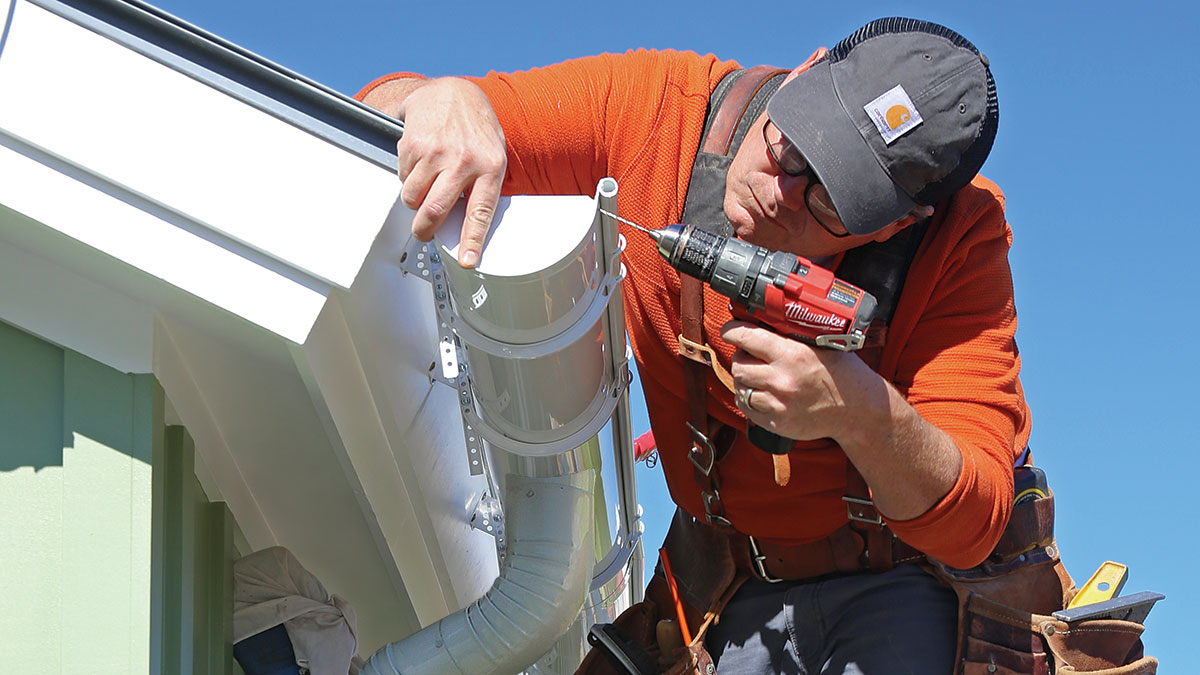
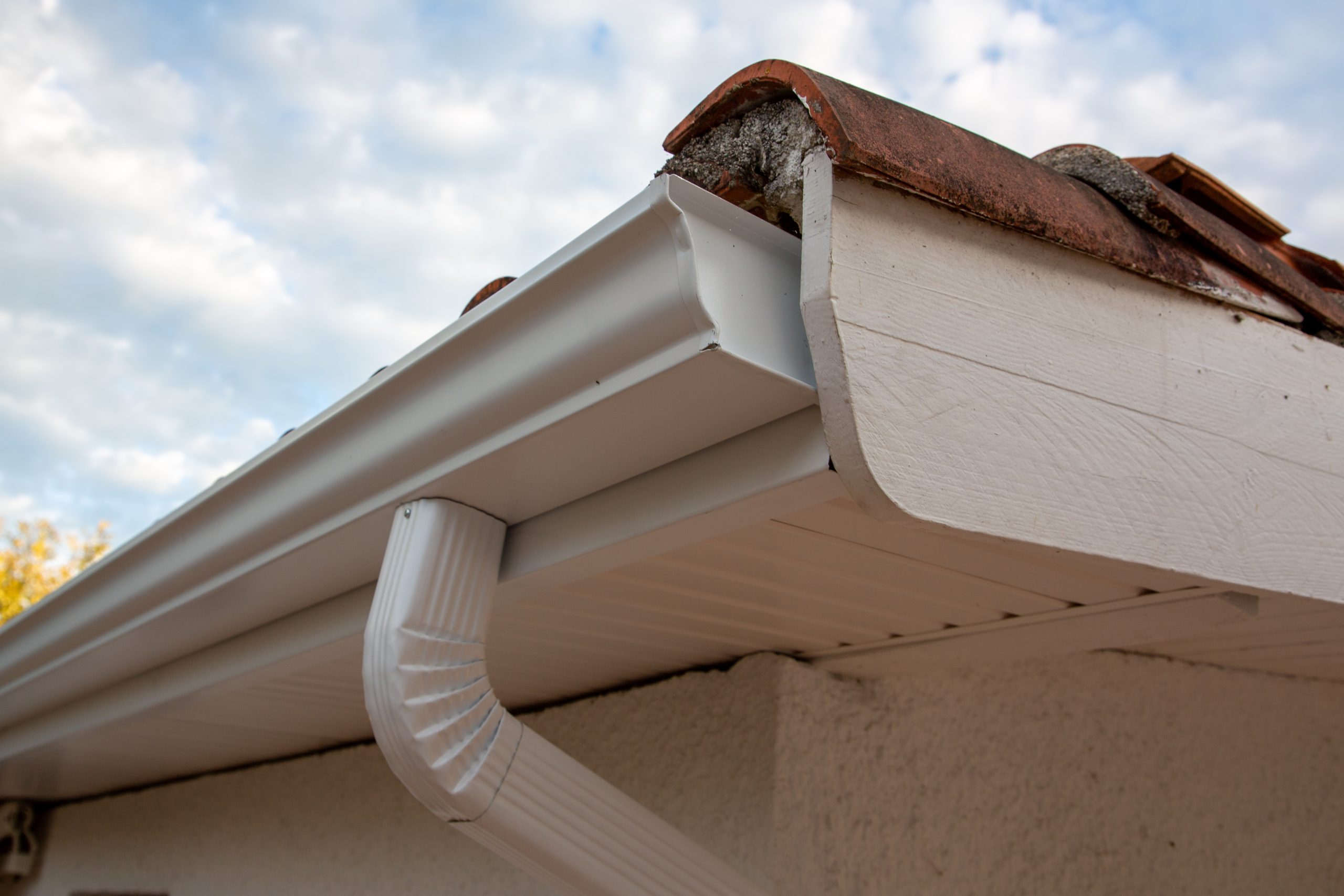
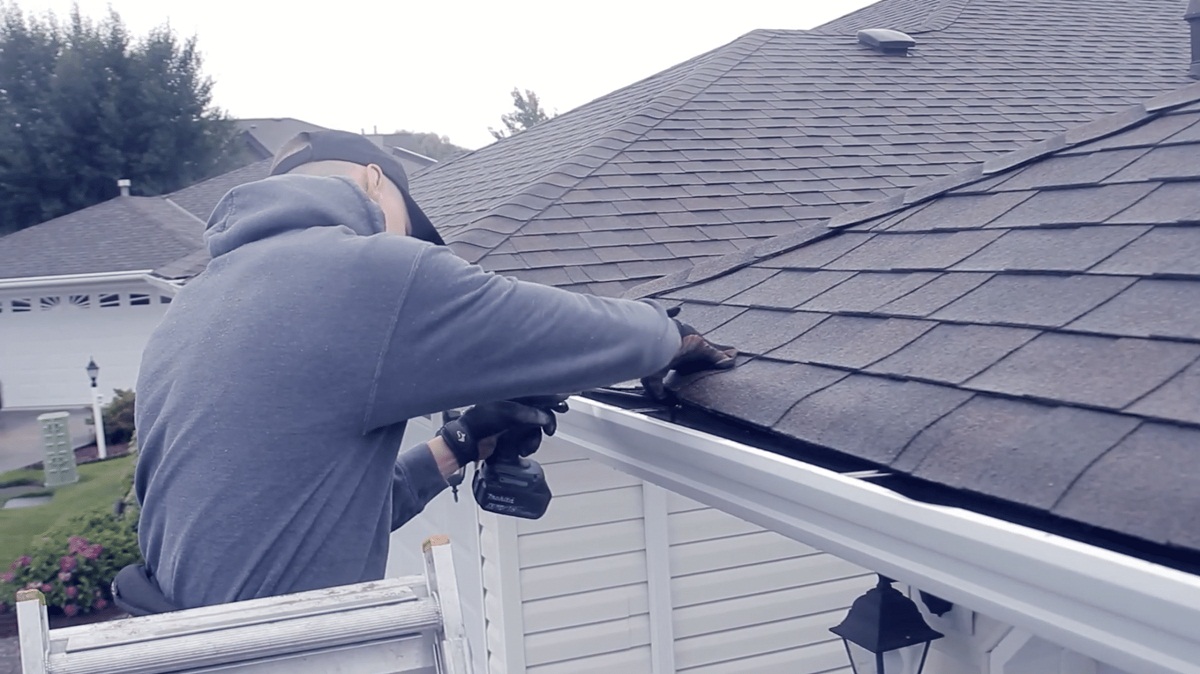
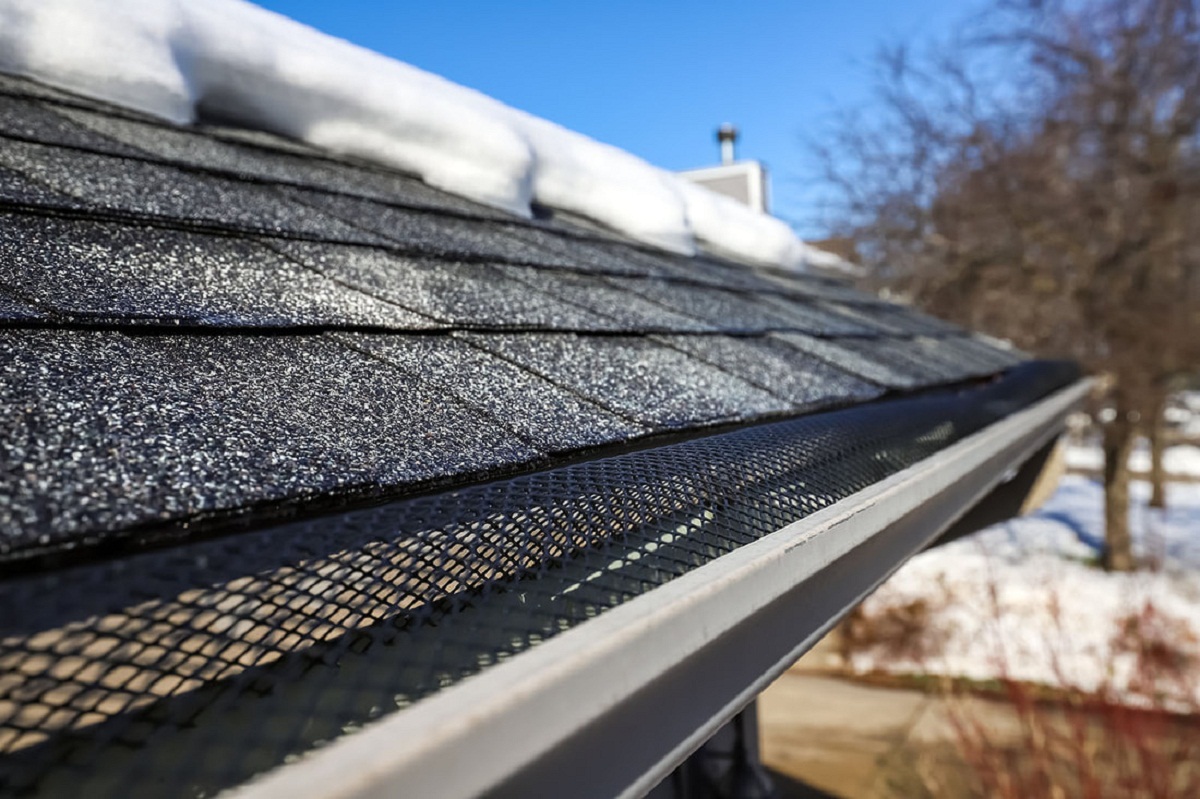
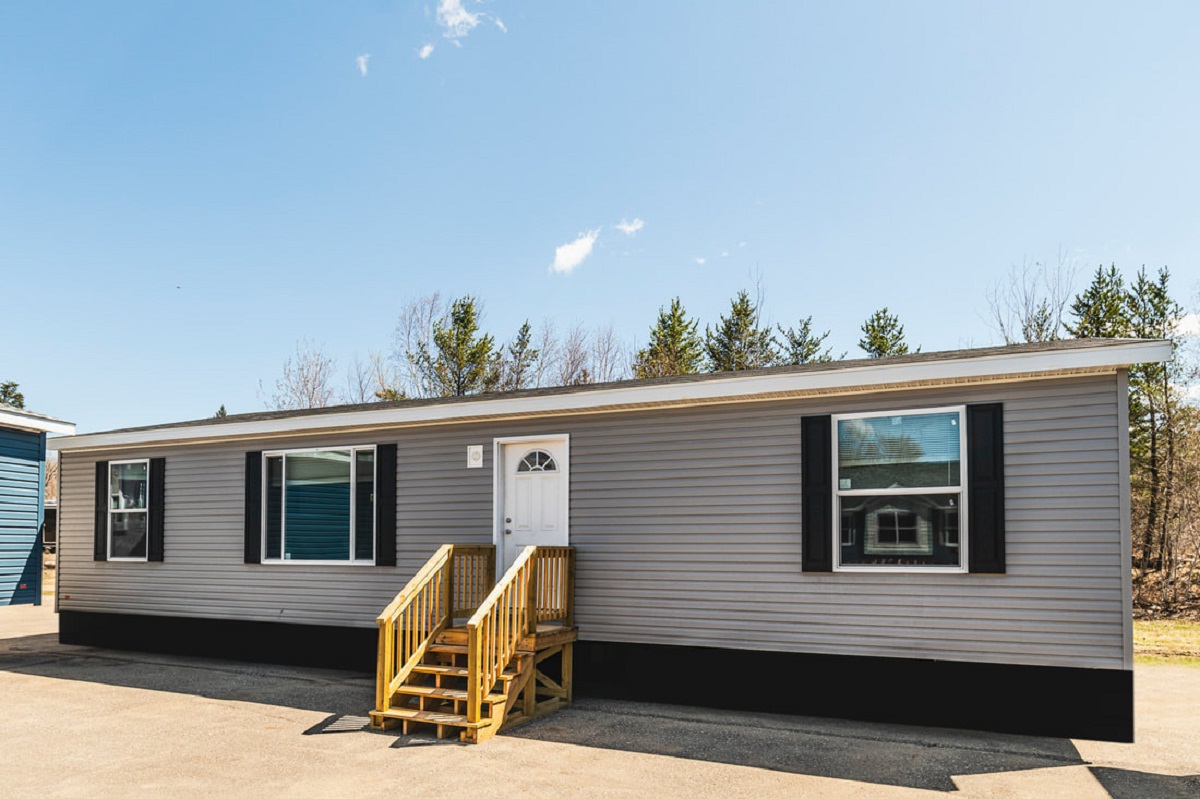
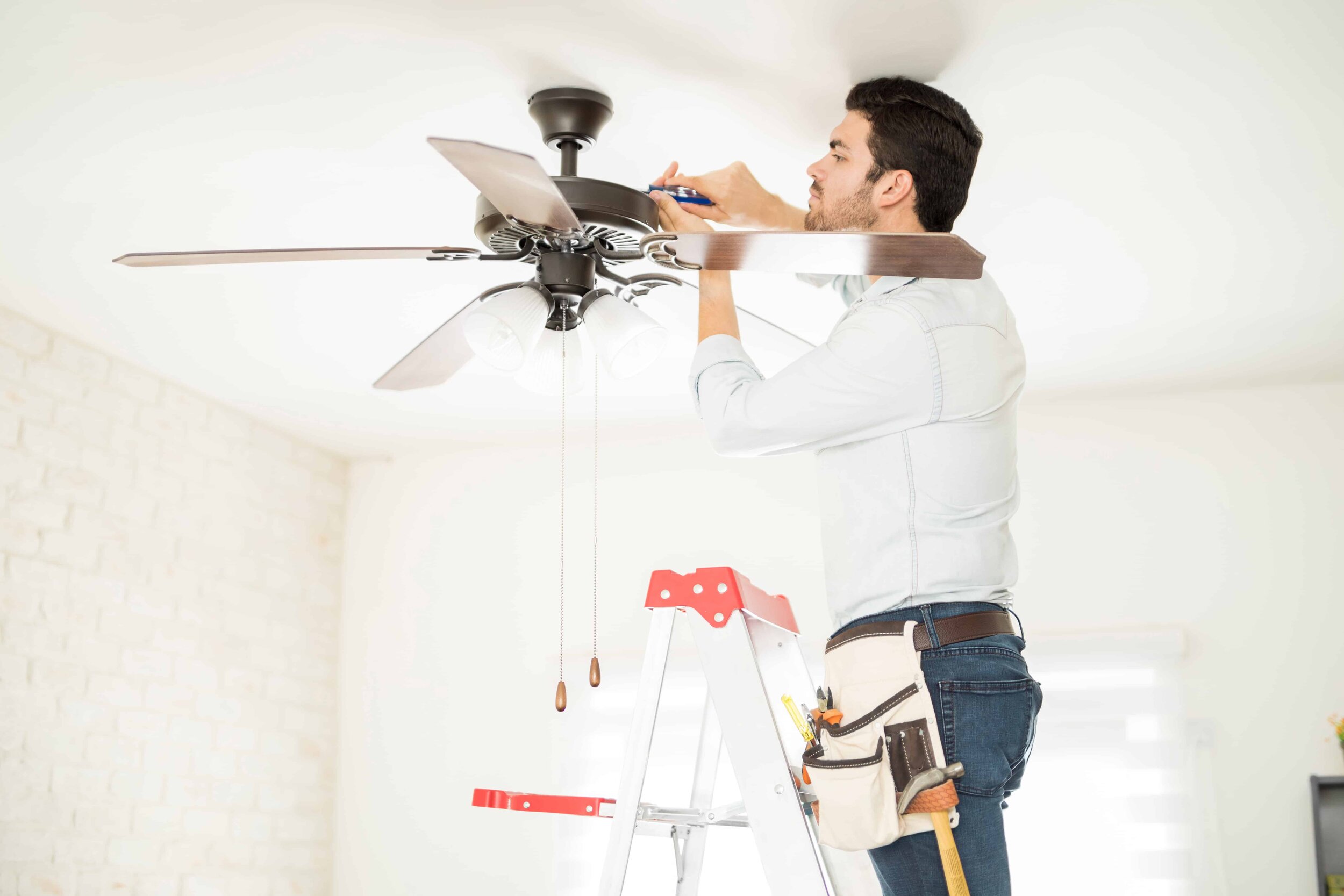

0 thoughts on “Who Installs Gutters”